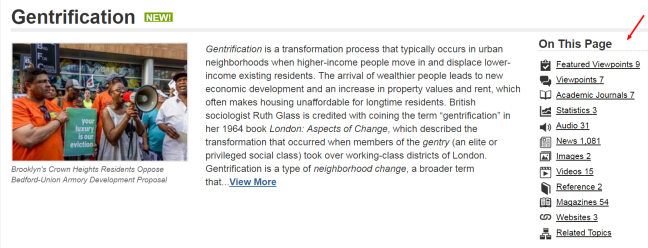From February 26 to March 2, the Library will celebrate Fair Use Week. Fair Use is an important legal doctrine within U.S. copyright law that underpins many of the activities we engage in every day. It allows the right to use a copyrighted work under certain conditions without permission of the copyright owner. The doctrine helps prevent a rigid application of copyright law that would stifle the very creativity the law is designed to foster. It allows for the unlicensed (that is, without permission or payment of royalty) use of a copyrighted work where the balance of several factors weighs in favor of such use. Four of these factors are specifically enumerated in the statute. Application of fair use requires a factual analysis of these four factors as applied to the facts of the proposed use.
Did you know?
Without fair use, you wouldn’t be able to:
- Search web browsers or databases. These valuable research tools rely on fair use to index information, making it easier to find what you need.
- Read that assigned book chapter on Blackboard. Fair use makes it possible to read digitized course material from the comfort of your bed.
- Enjoy and create memes. Internet memes are a form of parody, which is protected by fair use.
- DVR the Pat’s game because you have work to do. Yes, fair use makes it possible to record live programming to watch later.
Learn more about how fair use impacts almost everything you do, whether it’s for research or for leisure.
Visit Bentley Library’s Research Guide on Fair Use for resources to help you to understand and apply fair use.







 is a mathematical sciences database that seeks to advance scholarly communication in theoretical and applied mathematics and statistics through partnerships with independent and society publishers. It was developed by the Cornell University Library and is now jointly managed with Duke University Press. It was originally created to provide a platform for small scholarly publishers of mathematics and statistics journals to move from print to electronic in a cost-effective way.
is a mathematical sciences database that seeks to advance scholarly communication in theoretical and applied mathematics and statistics through partnerships with independent and society publishers. It was developed by the Cornell University Library and is now jointly managed with Duke University Press. It was originally created to provide a platform for small scholarly publishers of mathematics and statistics journals to move from print to electronic in a cost-effective way.
 The library has recently added to its
The library has recently added to its 